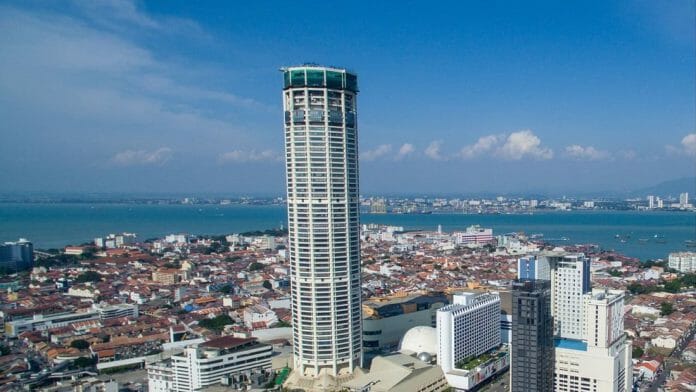Knight Frank released its Asia-Pacific Residential Index for H1 2023 tracking the movement of average residential prices within the Asia-Pacific region across 25 cities, this year 14 out of 25 cities monitored recorded positive annual price growth with Singapore registering as the top-performing market with 8% YOY growth.
Victoria Garrett, head of residential, said: “After the bull run in home values over the past few years, prices plateaued six months into 2023, indicating that correction is taking place in more markets. With rate hikes being paused, buyers are utilising this window of opportunity to lock down on their dream homes, which is notably predominantly seen in Australia, New Zealand, and India. While the high inflationary conditions plough on, the combination of limited housing supply, restricted new constructions and robust household formation will support prices in various markets.”
‘Christine Li, head of research at Knight Frank Asia-Pacific, added: “The Asia Pacific region maintains a balanced outlook, adapting to global challenges while showcasing resilience in key markets. Steady sales momentum, positive year-on-year growth in select markets, and buyer confidence in the face of diminishing affordability underscore the region’s promising outlook. As we move forward, the rate of price deceleration in Australasia could start to restore confidence in the Australian and New Zealand markets, while the rise in income levels, coupled with a strong aspiration for property ownership, will sustain demand in emerging markets such as India and Malaysia.
She added, “As we move forward, the rate of price deceleration in Australasia could start to restore confidence in the Australian and New Zealand markets, while the rise in income levels, coupled with a strong aspiration for property ownership, will sustain demand in emerging markets such as India and Malaysia.”
Key highlights of The Asia-Pacific Residential Review H1 2023
The average year-on-year (YoY) residential price growth within Asia-Pacific in H1 2023 stands at -0.2%. 14 out of the 25 cities tracked recorded positive annual price growth in H1 2023.
Singapore: Singapore registers as the top-performing market with 8% YOY growth. The Singapore housing market continued its price growth streak, albeit its economy narrowly avoided a technical recession in Q2 2023.
Malaysia: After Malaysia’s economy advanced 5.6% YoY and the unemployment rate tightened to 3.5% in Q1, both Kuala Lumpur and Penang saw their prices grow by 0.34% and 5.78% YoY, respectively, with the latter being the second-best performing city in SEA.
Australia: In Australia, the Reserve Bank of Australia (RBA) has kept the official cash rate on hold at 4.10% after raising it by 50 bps over the second quarter. Despite the higher mortgage rate, average sales volume in the first half of the year stayed flat bi-annually, indicating confidence restoring in the property market.
New Zealand: The housing market in New Zealand showed signs of gaining momentum in defiance against the technical recession it registered in June. The rate of price deceleration is slowing – annually, prices in Auckland and Wellington dipped 10.6% and 10.5%, respectively, compared to 17.4% and 21.6% six months ago.
Greater China: Home purchasers in the Greater China region remained conservative on the back of bearish stock market performance, high-interest rates, and sluggish economic recovery. Despite bottoming-out prices, the annual change in transaction volume for Chinese cities is still negative, reflecting the lacklustre effect its 16-point rescue package had on demand since its implementation in late 2022.
India: While ready inventory is dwindling, residential launches have remained robust, with developers aiming to capitalise on the heightened demand in India. Similarly, prices have been on the rise since H2 2021, and residential prices grew 5.3% annually on average, with Mumbai leading the growth at 6.0% in H1 2023.









